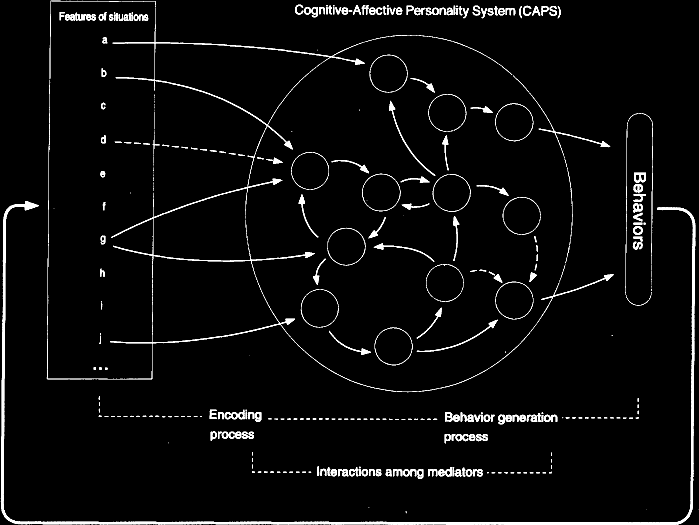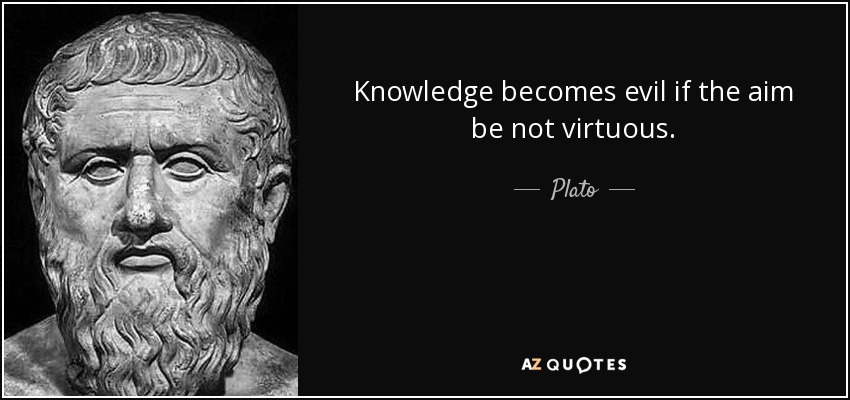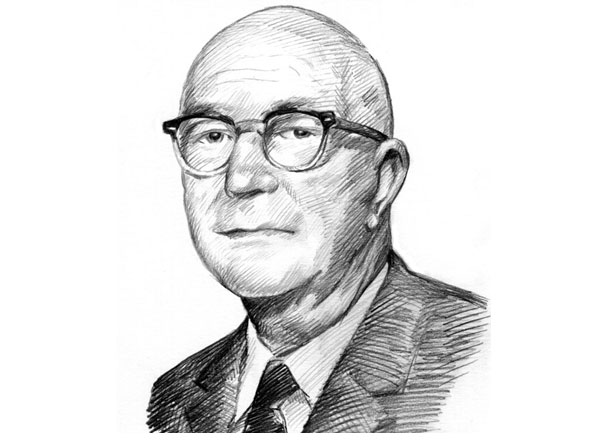A Virtue Ethics Response to Implicit Bias
Clea F. Rees Cardiff University Developments in social psychology pose serious challenges for ethical theorists. Ethics is an essentially practical discipline: a satisfactory ethical theory will help us to live ethically good lives by enabling us to understand and navigate the moral landscape. An ethical theory should enable us to …







